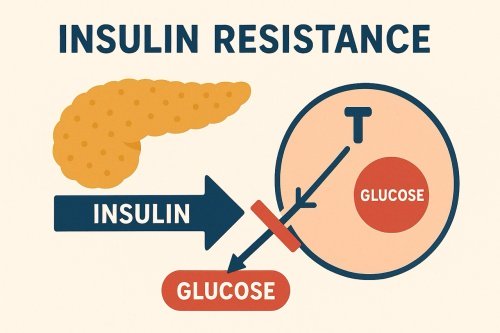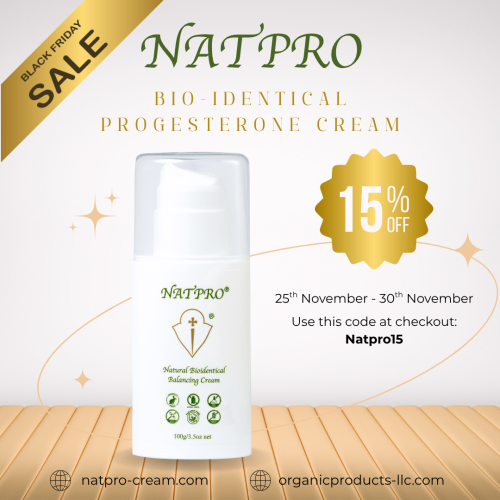Preventing alzheimers
Correcting the effects of hormone imbalances induced by environmental poisons may help in preventing Alzheimers in some individuals. The hormone progesterone and Alzheimers are connected through the action of inflammation. Alzheimers occurs in one in ten people over sixty-five and one in two over eighty-five. The first indications are confusion, depression, loss of memory and irritability (see depression). Some researchers believe it is caused by incorrect nutrition, pollution, oxidation and atherosclerosis, leading to a lack of vital anti-oxidants to the brain, which in turn suffers from free radical damage.
The result of all this is a lower level of vital neurotransmitters in the brain, in particular serotonin and acetyl-choline. A toxic substance called beta-amyloid, which causes inflammation, is found in the brain of Alzheimers patients. Also implicated are high levels of calcium and aluminium.
As inflammation is the key to understanding the relationship of progesterone and Alzheimers those agents for reducing inflammation are of great importance in preventing its occurrence...
- 1 to 6gm/day glutamine
- 20 to 200mg/day progesterone
- for improving oxygen use: 100 to 1000mg/day Vit B3 (Niacin)
- for improving memory:
- 100 to 300mg/day phosphatidyl serine
- 250 to 750mg/day pyroglutamate
- 500 to 1000mg/day choline
- 150 to 300mg/day gingko biloba
Avoid all synthetic oestrogen and aluminium products...
- cooking pots and pans
- foil
- toothpaste in aluminium tubes
- carbonated soft drinks in aluminium cans
- most deodorants
- many antacids
Balance calcium levels with magnesium.
To find out more about progesterone therapy in general and how it benefits health issues other than helping in preventing Alzheimers, please click here.
 Feeling tired, foggy, or struggling with stubborn weight gain—especially around the waist? You might be surprised to learn that these symptoms could be linked to insulin resistance, a condition that a…
Feeling tired, foggy, or struggling with stubborn weight gain—especially around the waist? You might be surprised to learn that these symptoms could be linked to insulin resistance, a condition that a… Are you struggling with irregular cycles, unwanted hair growth, or unexplained fatigue? You’re not alone. Polycystic Ovarian Syndrome (PCOS) affects up to 10% of women of reproductive age—and many mor…
Are you struggling with irregular cycles, unwanted hair growth, or unexplained fatigue? You’re not alone. Polycystic Ovarian Syndrome (PCOS) affects up to 10% of women of reproductive age—and many mor… While progesterone is often discussed in relation to reproductive health, emerging research reveals its remarkable role in supporting brain function and protecting against neurological decline. Proges…
While progesterone is often discussed in relation to reproductive health, emerging research reveals its remarkable role in supporting brain function and protecting against neurological decline. Proges… Incase you missed it!
Today is the last day for you to claim 15% off our Natpro 100ml Dispensers. The sale ends at midnight tonight.
How to Claim Your 15% Discount:
•Shop at
Incase you missed it!
Today is the last day for you to claim 15% off our Natpro 100ml Dispensers. The sale ends at midnight tonight.
How to Claim Your 15% Discount:
•Shop at